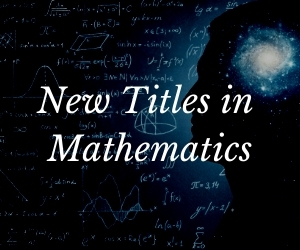System Upgrade on Tue, May 28th, 2024 at 2am (EDT)
Existing users will be able to log into the site and access content. However, E-commerce and registration of new users may not be available for up to 12 hours.For online purchase, please visit us again. Contact us at customercare@wspc.com for any enquiries.
This invaluable book is the first of its kind on "selforganizology", the science of self-organization. It covers a wide range of topics, such as the theory, principle and methodology of selforganizology, agent-based modelling, intelligence basis, ant colony optimization, fish/particle swarm optimization, cellular automata, spatial diffusion models, evolutionary algorithms, self-adaptation and control systems, self-organizing neural networks, catastrophe theory and methods, and self-organization of biological communities, etc.
Readers will have an in-depth and comprehensive understanding of selforganizology, with detailed background information provided for those who wish to delve deeper into the subject and explore research literature.
This book is a valuable reference for research scientists, university teachers, graduate students and high-level undergraduates in the areas of computational science, artificial intelligence, applied mathematics, engineering science, social science and life sciences.
Sample Chapter(s)
Chapter 2: Selforganizology: The Science of Self-organization (193 KB)
Contents:
- Organization and Organizational Theory
- Selforganizology: The Science of Self-organization
- Agent-based Modeling
- Intelligence Principles
- Catastrophe Theory and Methods
- Self-adaptation and Control Systems
- Cellular Automata and Spatial Diffusion Models
- Artificial Neural Networks
- Ant Colony Optimization
- Fish and Particle Swarm Optimization
- Synergy, Coevolution, and Evolutionary Algorithms
- Synergy: Correlation Analysis
- Community Succession and Assembly
- Mathematical Foundations
Readership: Research scientists, university teachers, graduate students and high-level undergraduates in the areas of computational science, artificial intelligence, applied mathematics, engineering science, social science and life sciences.






















